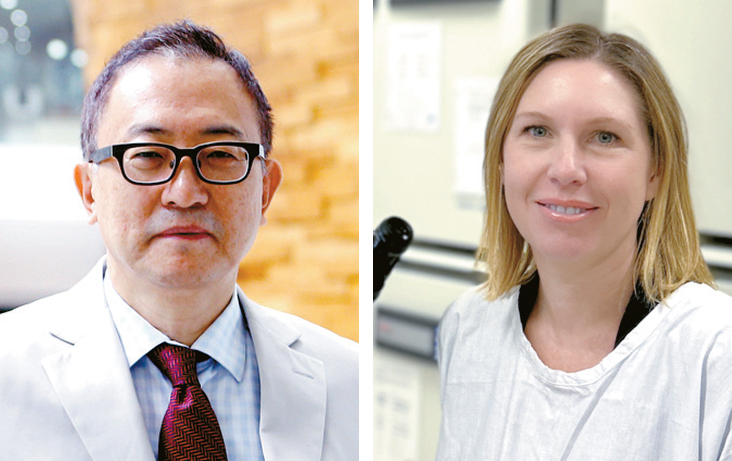CHA Medical Center and CHA Biotech—which operate 96 medical institutions in 7 countries, including CHA Hollywood Presbyterian Medical Center in LA—announced that Professor Katie Ayers of the Murdoch Children’s Research Institute at the University of Melbourne has been named the winner of the 12th Cha Kwang Yul Stem Cell Prize. The award was announced at the 81st Annual Meeting of the American Society for Reproductive Medicine (ASRM) in San Antonio, Texas, held from October 25 to 29.

Established in 2011, the Cha Kwang Yul Stem Cell Prize honors Dr. Cha Kwang Yul, head of the CHA Medical & Bio Group Global Comprehensive Research Institute, for his groundbreaking contributions to reproductive medicine. Dr. Cha developed the world’s first in-vitro maturation (IVM) technique for immature oocytes, pioneered rapid cryopreservation (vitrification) of eggs, and founded the world’s first human egg bank. The prize remains the only ASRM award named after an Asian person and recognizes researchers who achieve outstanding innovations in reproductive and stem cell science each year.
This year’s laureate, Professor Ayers, was recognized for her research titled “Development of Extended Pluripotent Stem Cell Models for Genetic and Regulatory Analysis of Fetal Gonadal Development and Disorders of Sex Development (DSD).” As group leader at the Murdoch Children’s Research Institute and associate professor of pediatrics at the University of Melbourne, she studies the genetic and molecular mechanisms of human reproductive development. Her research has been published in leading journals, including Nature Communications, Genome Biology, and Developmental Cell.
“It’s an honor that our research on testicular organoids derived from stem cells has been recognized,” said Ayers. “We will continue exploring genetic causes of reproductive disorders and developing clinical guidelines for managing differences in sex development.”
In conjunction with the prize, Dr. Cha Kwang Yul personally donated $1 million to ASRM to support reproductive research and next-generation scientists. The donation is part of ASRM’s “Fighting for Our Future: Rescuing Research” campaign and will fund initiatives such as the KY Cha Symposium and increased research grants for award recipients.
Elizabeth Ginsburg, president of ASRM, expressed gratitude for Cha’s support, stating that his contribution “will play a vital role in preserving the reproductive medicine research ecosystem and nurturing the next generation of scientists.”
Dr. Cha, son of the late Dr. Cha Kyung Seop, founder of CHA OB/GYN Clinic, has achieved numerous milestones in reproductive medicine. His team accomplished South Korea’s first successful in-vitro fertilization in 1985, the world’s first pregnancy from an immature egg in 1988, developed vitrification-based egg freezing methods, established the first egg bank in 1999, and in 2014, created patient-specific (somatic-cell) stem cells from adult skin cells—solidifying his reputation as a global leader in fertility science.
BY KYEONGJUN KIM [kim.kyeongjun1@koreadaily.com]

![“LA’s homelessness policy is broken” Katy Yaroslavsky, a Los Angeles City Council member (center), speaks about addressing homelessness and strengthening public safety at a press conference on January 29. [Kyeongjun Kim, The Korea Daily]](https://www.koreadailyus.com/wp-content/uploads/2026/01/0130-Yaroslavsky-100x70.jpg)

![Los Angeles unveils time capsule buried 100 years ago Materials from the time capsule are now on display in the lobby of the Los Angeles Central Library. [Sangjin Kim, The Korea Daily]](https://www.koreadailyus.com/wp-content/uploads/2026/01/0130-timecapsule-1-100x70.jpg)